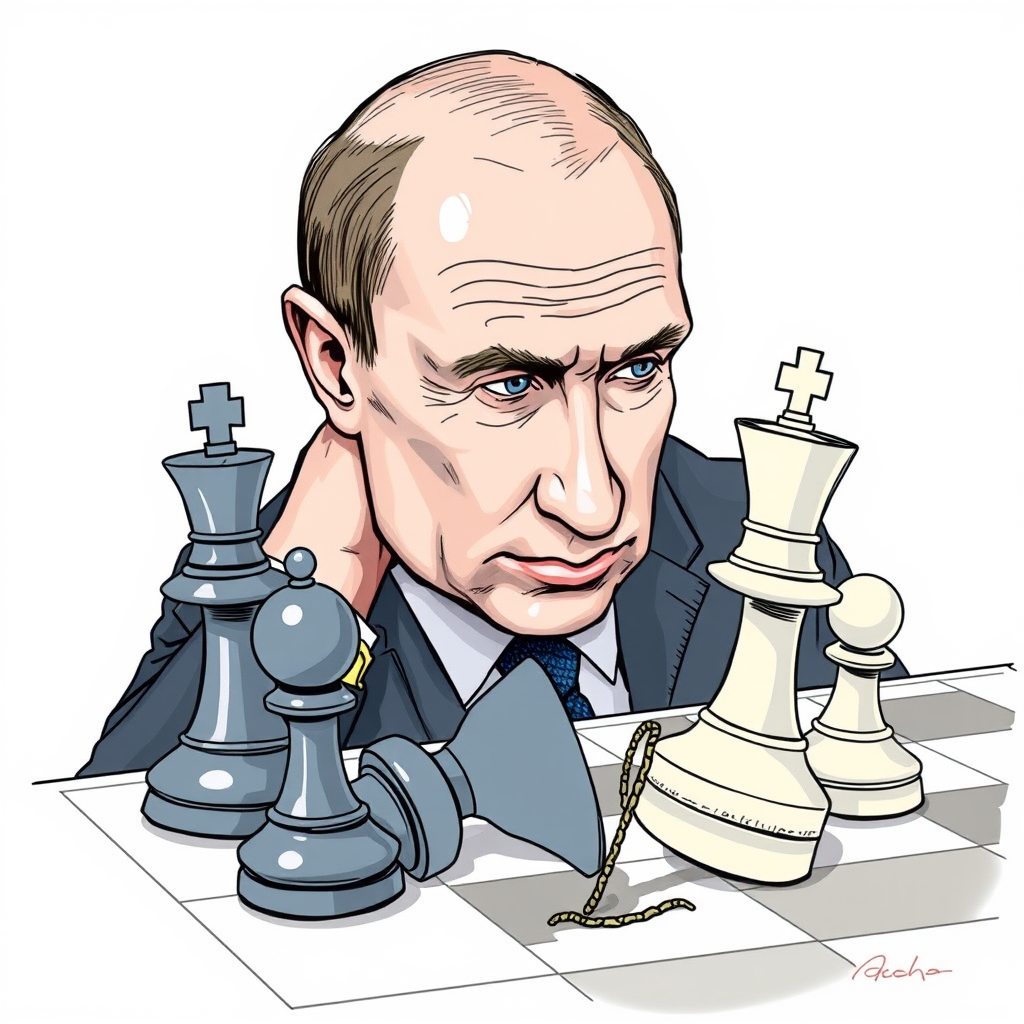Putin’s Ukraine War: What Is His Goal?

Three years into the conflict in Ukraine, the question of Vladimir Putin’s ultimate goals remains a central concern for global leaders, even as former President Trump proposes potential deals for a resolution. While Putin publicly signals openness to peace negotiations, these statements are consistently juxtaposed with escalating Russian aerial attacks – the most intense and widespread in years – creating a confusing and concerning dynamic. This contradiction has recently prompted increasingly critical public statements from Trump, a departure from his historically more reserved stance towards the Russian President over the past two terms.
The situation demands careful analysis. Putin’s actions suggest a complex strategy that extends beyond simply controlling territory. It appears he aims to fundamentally reshape the European security architecture, potentially seeking a weakened and divided West. The simultaneous pursuit of talks while intensifying attacks could be a tactic to create leverage, exhaust Ukrainian forces, or project an image of strength domestically.
To gain deeper insight, NPR’s Scott Detrow spoke with Angela Stent, a Professor Emeritus at Georgetown University and Senior Fellow at the Brookings Institution, a nonpartisan policy organization in Washington D.C. Stent, author of “Putin’s World: Russia Against the West and With the Rest,” offers crucial expertise on the motivations and long-term objectives driving Putin’s actions. Understanding these objectives is paramount, as a lasting resolution to the conflict requires addressing the underlying geopolitical ambitions fueling it.
For ad-free listening, consider subscribing to Consider This+ through Apple Podcasts or at plus.npr.org. Listener feedback is welcome at [email protected]. (Image credit: Alexander KAZAKOV)